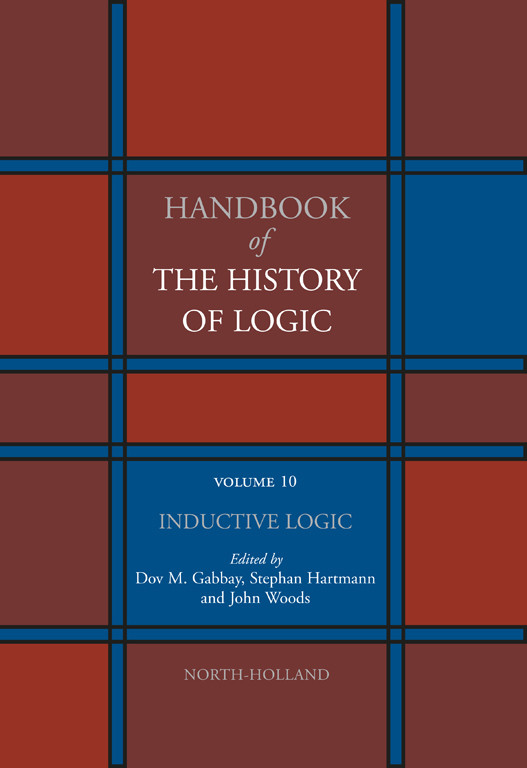

Most ebook files are in PDF format, so you can easily read them using various software such as Foxit Reader or directly on the Google Chrome browser.
Some ebook files are released by publishers in other formats such as .awz, .mobi, .epub, .fb2, etc. You may need to install specific software to read these formats on mobile/PC, such as Calibre.
Please read the tutorial at this link: https://ebookbell.com/faq
We offer FREE conversion to the popular formats you request; however, this may take some time. Therefore, right after payment, please email us, and we will try to provide the service as quickly as possible.
For some exceptional file formats or broken links (if any), please refrain from opening any disputes. Instead, email us first, and we will try to assist within a maximum of 6 hours.
EbookBell Team

4.1
90 reviewsThis volume is number ten in the 11-volume Handbook of the History of Logic. While there are many examples were a science split from philosophy and became autonomous (such as physics with Newton and biology with Darwin), and while there are, perhaps, topics that are of exclusively philosophical interest, inductive logic - as this handbook attests - is a research field where philosophers and scientists fruitfully and constructively interact. This handbook covers the rich history of scientific turning points in Inductive Logic, including probability theory and decision theory. Written by leading researchers in the field, both this volume and the Handbook as a whole are definitive reference tools for senior undergraduates, graduate students and researchers in the history of logic, the history of philosophy, and any discipline, such as mathematics, computer science, cognitive psychology, and artificial intelligence, for whom the historical background of his or her work is a salient...